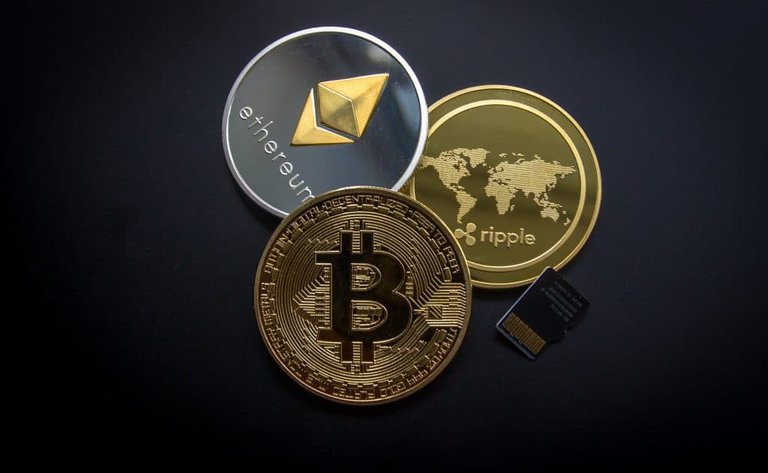
Are you ready to see crypto in esports? There is a colossal amount of data backing up esports as one of the fastest-growing markets worldwide. According to Newzoo, the market will reach 640 million players in 2025 and is currently worth well over $1.2 billion in 2022. This excludes casinos, salaries for esports players, and anything that does not reflect the actual valuation of the market and its audience.
Newzoo estimates a CAGR of +8.1% (2020-2025). This growth is sustained due to huge demand from live streaming and partnerships with brands. The introduction of the NFT marketplaces and blockchain technologies greatly contributes to the skyrocketing growth of esports.
Let's explore what's next for crypto in esports, and why you should care.
The Problem with Esports

Esports’ main problem is the lack of direct profitability. Esports organizations still rely on sponsorship as their primary source of revenue, accounting for $837.3 million—nearly 60% of global esports profits.
The top ten biggest and most profitable esports teams are now worth an average of $353 million—up 46% from 2020, but most are rapidly diversifying their businesses as they stare down the barrel of the industry’s challenges.
TSM, topping the list with a valuation of $540 million, is already investing heavily in education. TSM’s parent company, Swift, acquired the popular e-learning platform “Blitz.gg” in 2019, after a previous acquisition from Discord, which acquired it in 2018. The tendency for e-learning gaming platforms to get acquired by giants in the space clearly outlines where the market is going, and it is toward educational content for esports gamers.
Other esports teams are either recording video courses, streaming live video gameplay, providing tips to fans, or opt to monetize in-game assets and skins through NFT partnerships. TSM and Fnatic already have significant partnerships with Crypto.com.
Up until now, most activities performed by esports teams were not monetizable. Cryptocurrency in esports allows previous marketing activities to become profit-driven and increase the average earnings per team.
The main differentiation between esports and traditional sports is the lack of in-person interaction. Esports is entirely online, meaning no tickets for seats, snack bars, no betting…etc. This has a profound impact on esports revenue and user experiences.
How Cryptocurrency in Esports Can Change It For The Better

Crypto in esports can help tokenize assets and rewards to generate larger pools for prizes in tournaments and recurring revenue for asset holders, such as esports teams. For example, a Counter-Strike skin sold on the open market and developed by Fnatic could give Fnatic royalties for decades to come.
A new form of monetization has the potential to prevent Twitch and YouTube from charging exorbitant rates for their services as well. Together with the App Store, they take up to 40% of your income!
Decentralized applications and marketplaces are usually set at 2-3% only, including the entire royalty distribution. With only 2-3%, they manage to reward creators up to 100x times more, according to the latest a16z’s report.
Not only does crypto make exchanges cheaper and faster, but each transaction gives the first holder and all the subsequent ones a portion of the royalties. This phenomenon is quite common for marketing apps and remix tools such as withKoji, but it is getting popular in secondary marketplaces too. Through royalties, esports teams can stop relying so heavily on sponsors and finally produce content for their audience rather than for their investors. We’re not far from seeing a larger presence of crypto tournaments in esports.
This has the potential to change the landscape of esports forever, and crypto is the necessary cog for this to become a reality. Transactions have to be signed and publicly verified through the blockchain; otherwise, distributing royalties would be almost impossible through services like Stripe or Paypal.
Our Take on the Future of Crypto in Esports

Esports is a booming industry with great potential ahead, but it faces great struggles due to its heavy dependency on external investors.
Crypto in esports and blockchain networks can help alleviate the burden and prioritize audiences over shareholders, facilitating the switch back to its initial decentralized model. Digital currencies might just be the answer for bridging blockchain gaming and professional esports teams.
This article has been originally published on the Polemos Official Blog, under the Crypto in Esports category.